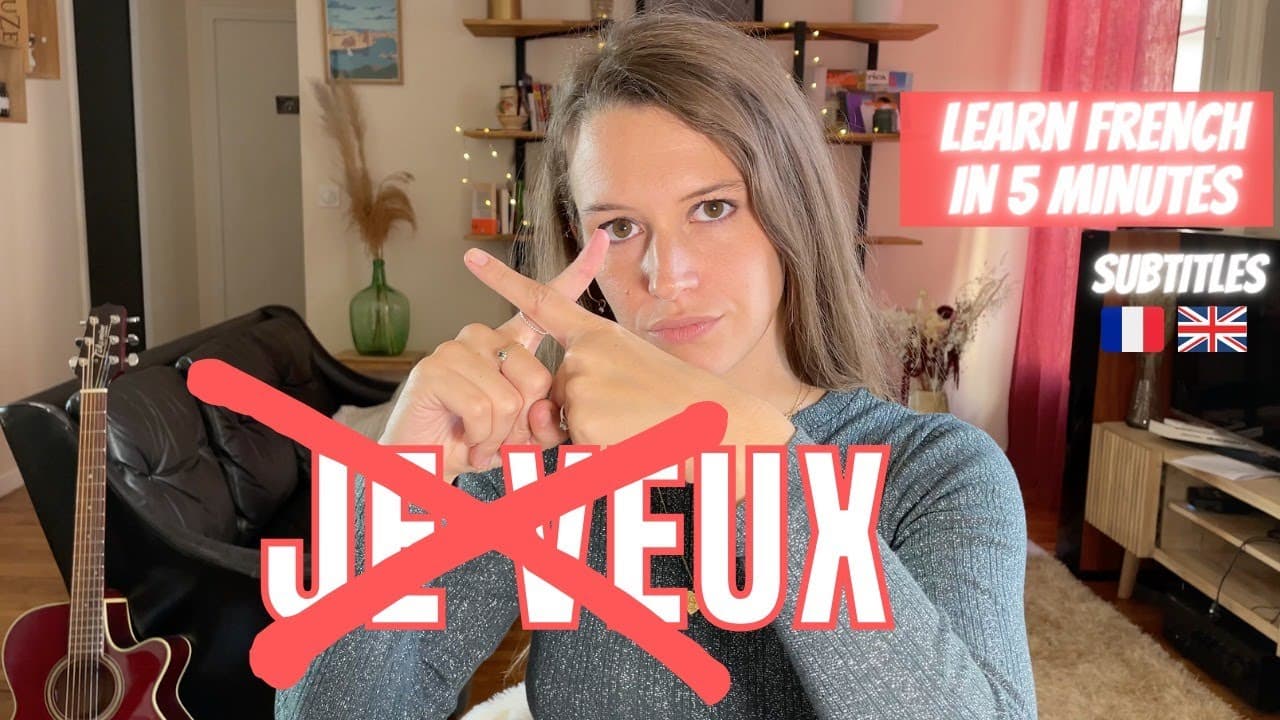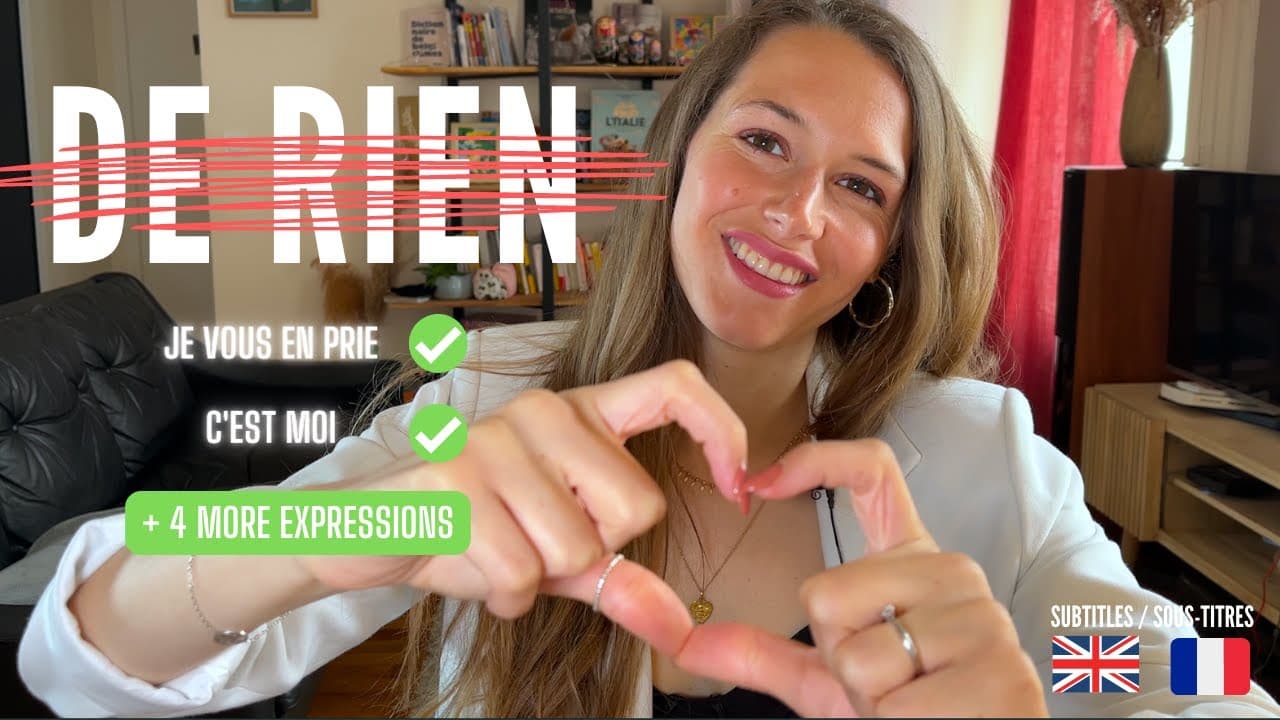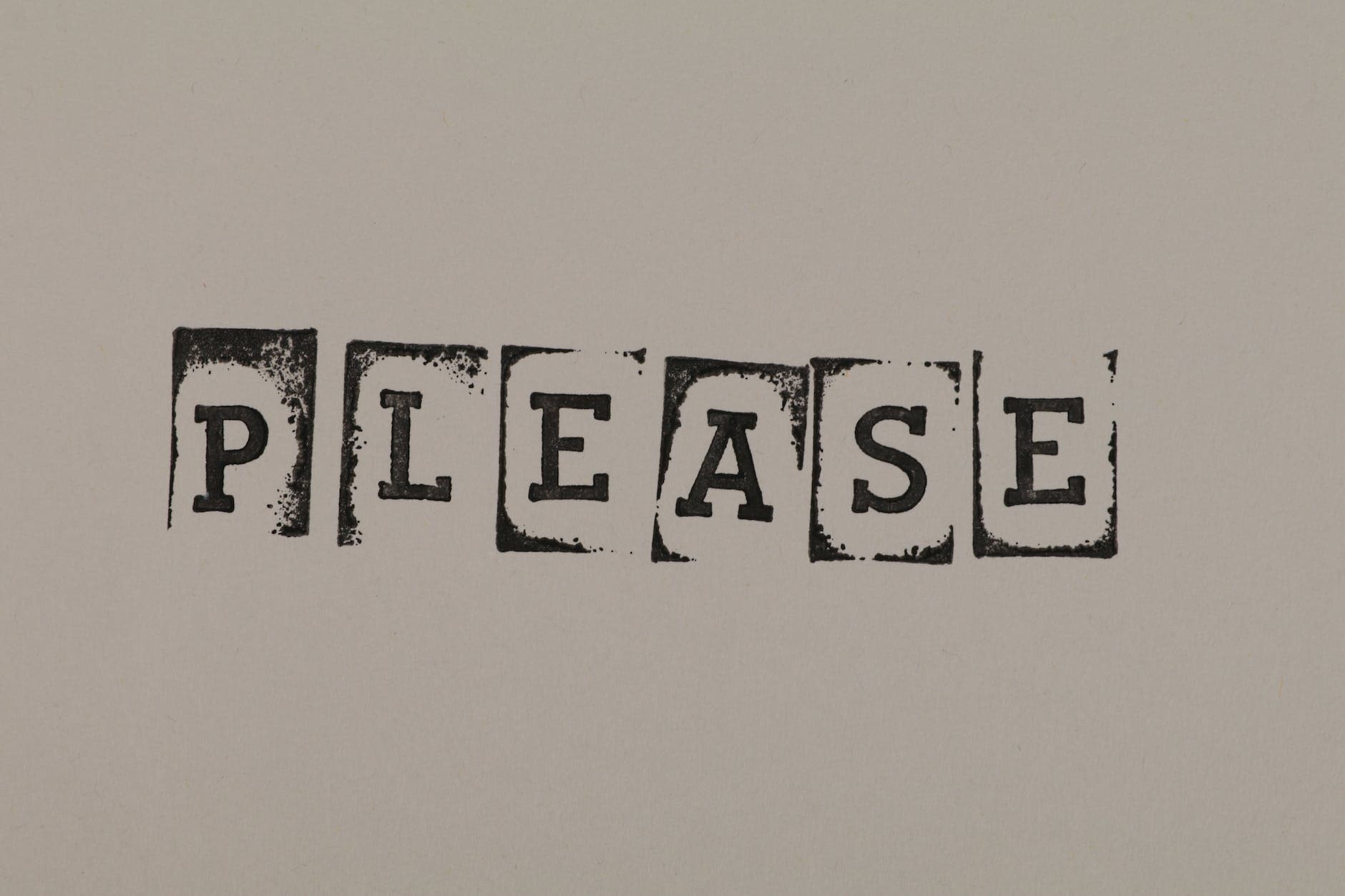Learn French the real way
I teach French as a foreign language on my YouTube channel HelloFrench. Over 300,000 people improve their French with authentic and positive content.

My method to improve your French
Learn authentic French, the kind actually used by French people every day
Effective
Free YouTube videos with vocabulary and subtitles to learn at your own pace.
Positive
A kind and guilt-free approach. Learning should be a pleasure, not a punishment.
Authentic
Real French: news, natural conversations, everyday expressions. Not textbook French.
They are reaching their French goals
360 French Immersion - Think and speak French naturally
Total immersion in authentic French: dialogues, news, expressions and personalized AI coaching. From A2 to C1.
Discover the programFree videos to learn French

Our Biggest Red Flags - 1 Hour of Natural French (with subtitles)

Parisians vs the Rest of France: Our Honest Experience

Trump vs. Europe: The Greenland Crisis Explained in French - Learn French with News #34

🇫🇷 How Gen Z Speaks in France: 20 French Slang Words you NEED to Know

The Capture of Nicolas Maduro - Learn French with News #33

Stop saying "Bonne nuit" ! Say THIS instead + 10 French sleep idioms

30 French expressions to sound more like a native

Ex French President Sarkozy Freed from Prison - Learn French with The News #32

The Mona Lisa Stolen from The Louvre? - Learn French with News #31
Articles and resources
Expressions, slang, exercises and vocabulary to enrich your French

Why you should never say « je veux » in French

Don't Say « de rien » - 6 Ways to Reply to « merci » in French

How to Say Thank You in French (+ Examples)

How to Say Please in French (+ Examples)

The A1 Level in French (+ Examples and Tips)

11 French Slang Words for Money
Ready to experience French from the inside?
360 French Immersion: dialogues, news, expressions and AI coaching to understand and speak like a native. From A2 to C1.